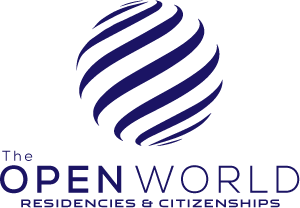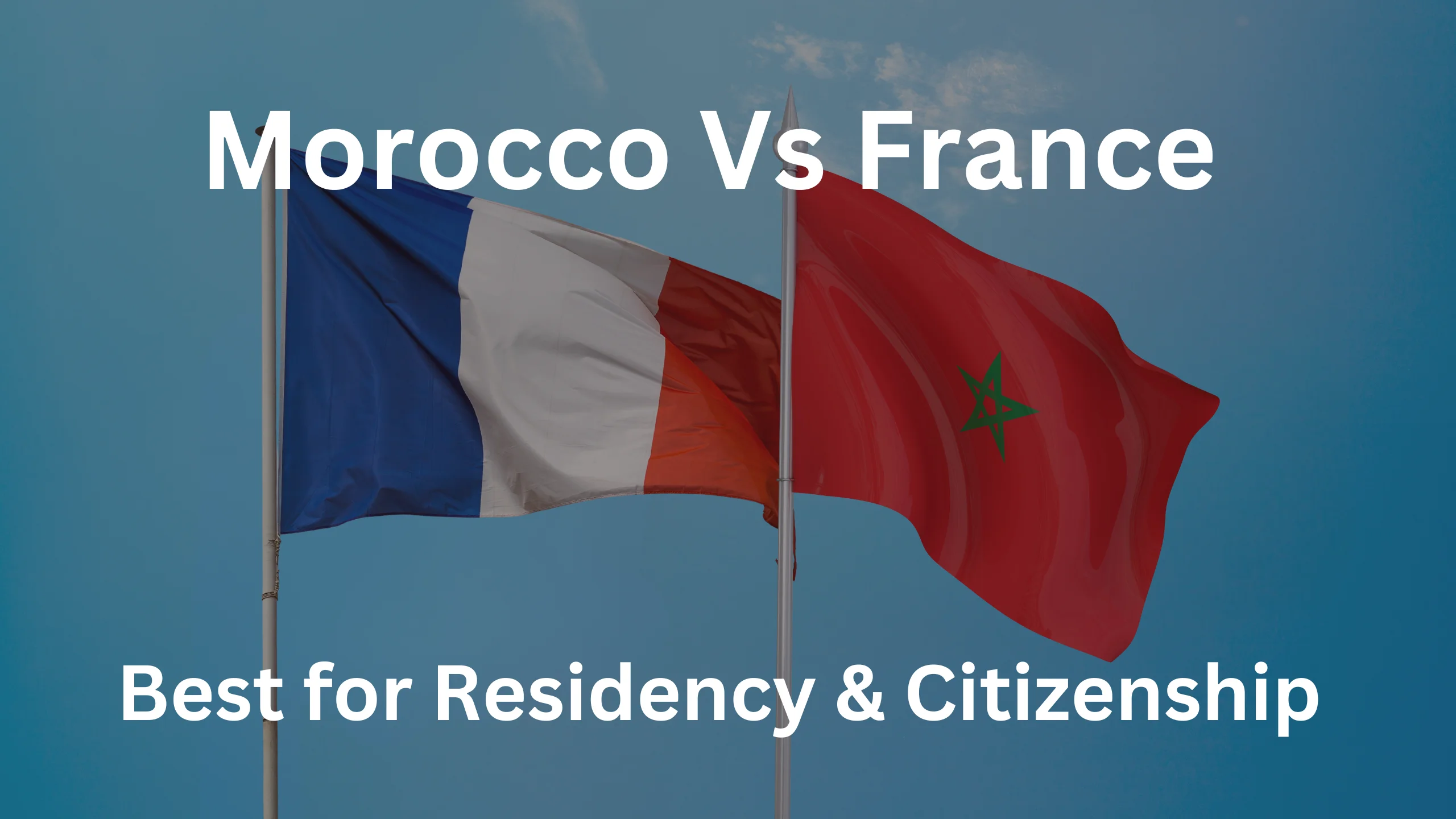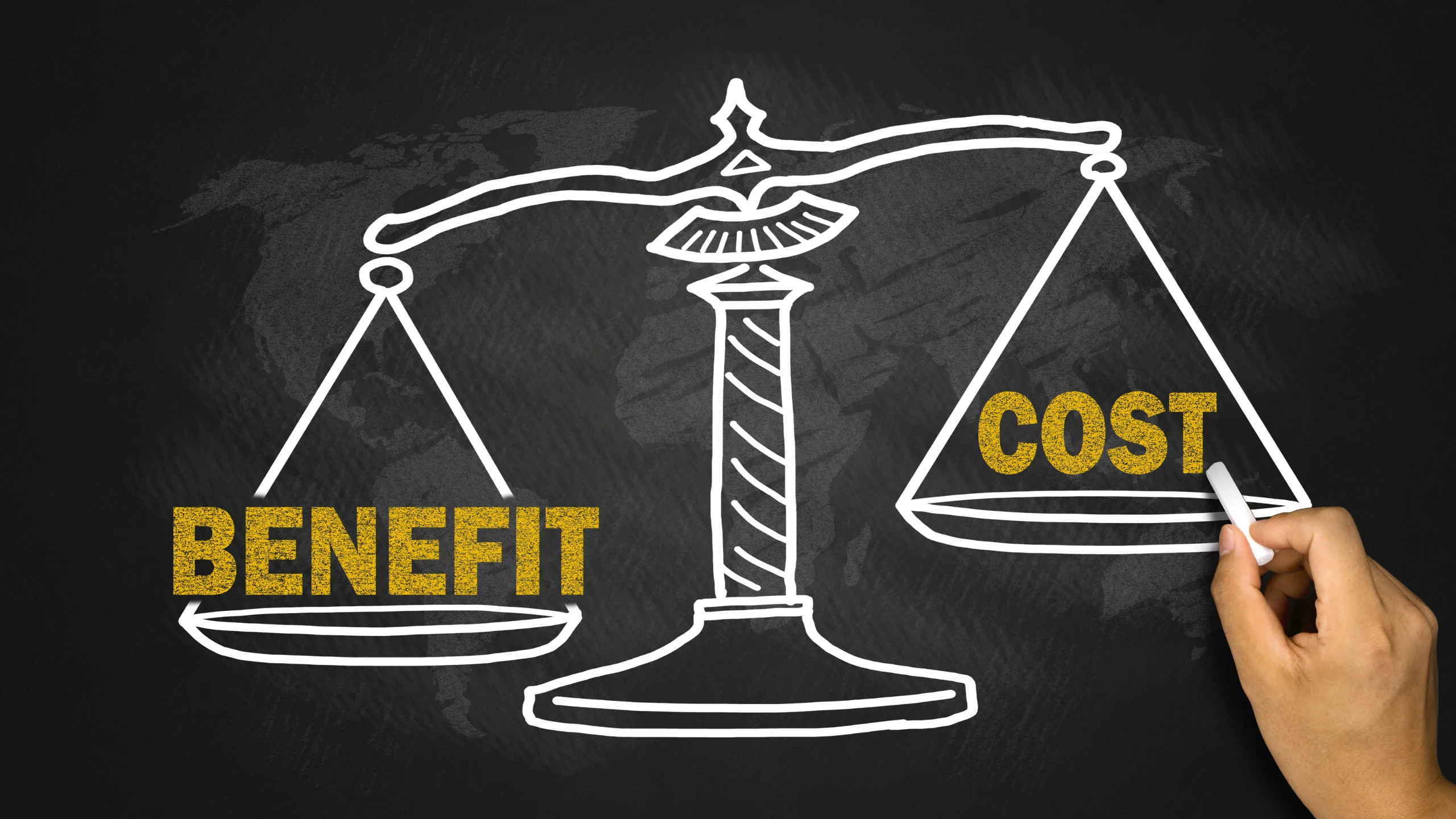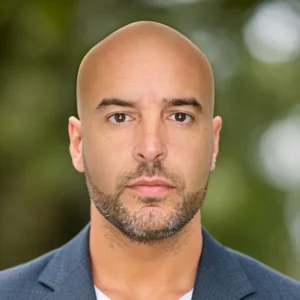If you’re thinking about relocating or exploring second passport options, choosing the right country can feel overwhelming. Two countries that often come up in the conversation, for very different reasons, are Morocco and France.
While one offers a warm lifestyle with lower living costs, the other provides access to the European Union and strong global mobility. I’ve spoken with clients who considered both, and the right choice really depends on what you value most: affordability, passport power, or lifestyle.
Morocco vs France
Residency Options: Morocco vs France
When comparing residency in Morocco and France, the two systems are built for very different lifestyles and goals. Here’s a detailed breakdown of what each country offers for those seeking to live long-term or gain residency status.
1. Residency in Morocco
According to the Residency Requirements for Foreigners in Morocco page by the U.S. Embassy, if you stay in Morocco longer than 90 days, you must register with local authorities and apply for a residence permit. Morocco offers a relatively simple process for foreigners to become residents, especially if you’re looking for a calm lifestyle, business opportunities, or a cost-effective base.
Main residency pathways in Morocco include:
- Business investment (setting up a company or investing in Moroccan businesses)
- Real estate ownership (owning property does not automatically grant residency, but it helps support your application)
- Work contracts or self-employment
- Retirement residency (common for Europeans settling in cities like Marrakech or Agadir)
Residency permits (carte de séjour) are usually issued for 1 year and can be renewed. After five years of legal stay, permanent residency may be possible.
Pros:
- Lower cost of living
- Easy lifestyle, especially for retirees or remote workers
- Arabic and French-speaking countries, an easier transition for Francophones
- Friendly visa-free access for many African and Arab nationalities
Cons:
- Not a strong passport or mobility benefits
- Bureaucracy can be slow
- No path to EU rights
2. Residency in France
France offers a more structured, but stricter, residency process. As an EU country, its immigration system is tied closely to long-term integration.
Main pathways include:
- Long-stay visa (visa de long séjour) for work, study, or family reunification
- Talent Passport, for investors, entrepreneurs, tech professionals
- Visitor Visa, for those with passive income
- EU Blue Card, a high-skilled immigration path
- Startup visa, for founders building innovative businesses
Residency can lead to permanent residency after 5 years, and citizenship is possible through naturalization after 5 continuous years of legal stay (2 years if you graduate from a French university).
Pros:
- Access to the EU, including healthcare and mobility
- Path to a strong passport
- Excellent infrastructure and services
- Legal clarity and protection
Cons:
- Higher taxes and cost of living
- The French language is essential for integration
- More complex bureaucracy
I had a client , a dual national from Lebanon and Canada , who once debated between relocating to Casablanca or Lyon. He was drawn to Morocco for the ease of setting up a small export business and the familiar culture. But after talking through his long-term goals , which included giving his kids access to EU education , he eventually chose France through the Talent Passport route. He now runs his business in Lyon and says the structure, though tougher to get into, was “worth every form filled.”
Citizenship in Morocco vs France
When it comes to long-term relocation, many people don’t just want to live in a country; they want to belong. That’s where citizenship becomes a deciding factor. Whether it’s for travel freedom, family security, or future opportunities, the value of holding a passport from the right country can shape generations. Comparing Morocco and France for citizenship highlights two very different systems, both with unique pros and limitations depending on your goals.
Path to Citizenship in Morocco
Moroccan citizenship is governed by the Moroccan Nationality Code, and while it’s not a fast-track process, it’s generally more flexible in terms of integration. Foreigners can apply for citizenship through naturalization after legally residing in Morocco for five continuous years. This includes showing proof of integration into society, having a stable source of income, and demonstrating good character.
For those married to a Moroccan citizen, the path can be shorter. Spouses can apply after five years of marriage, even if they’ve lived outside Morocco for part of that time, as long as the marriage is considered stable and genuine.
Children born in Morocco to foreign parents do not automatically gain Moroccan nationality unless one parent was also born in Morocco. This is different from birthright systems like in the U.S. or Canada. Still, Morocco has made gradual improvements in recent years to offer more clarity and fairness in how nationality is passed on.
One thing to keep in mind is that Morocco does allow dual citizenship, but it expects loyalty to the Moroccan state. So while you can keep another passport, you’ll still be seen as a Moroccan in the eyes of its laws if you naturalize.
While the Moroccan passport offers only limited visa-free access globally, mostly within Africa and parts of Asia, it still holds value for regional travel and access to trade zones like ECOWAS.
Path to Citizenship in France
France’s approach to citizenship is much more established and offers significantly higher global mobility. French citizenship gives you access to the European Union, including the right to live, work, and move freely across 26 other EU nations.
To become a citizen of France, most foreigners apply through naturalization, which requires five years of continuous, legal residence in the country. This period can be reduced to two years if the applicant graduates from a French university or completes military service in the French Foreign Legion. Applicants must demonstrate integration into French society, including language fluency and cultural knowledge, and a clean criminal record.
Marriage to a French citizen also opens a path to naturalization, with a waiting period of four years (or three if the couple lives together in France). France, unlike some countries, makes this process transparent but expects full integration, which means passing a formal language test and participating in a civic interview.
France allows dual nationality, and this is a major advantage. A French passport ranks among the top globally for visa-free access, including the U.S., Canada, Australia, and nearly all of Europe and Latin America. This makes it one of the most sought-after citizenships in the world.
However, acquiring French citizenship is not easy. The process involves detailed paperwork, interviews, and often long waiting times. It is well-structured, but it requires patience and commitment.
Which Citizenship Is Better?
If your goal is regional comfort, affordability, and a more relaxed pathway, Morocco could make sense , especially for retirees, lifestyle migrants, or those with regional business interests. But if you’re aiming for global access, high-ranked travel freedom, and long-term career or family opportunities within the EU, France stands out as the more powerful option.
That said, your personal situation matters more than rankings. We’ve seen clients choose Morocco because it “feels like home,” and others pick France for its structure and passport strength. The best choice is the one that matches both your life goals and your values.
Cost of Living and Lifestyle Comparison
Choosing where to live isn’t just about residency rules or passport rankings. For many of our clients, it comes down to day-to-day lifestyle and cost of living. Here’s how Morocco and France compare when it comes to how much it actually costs to live, and the kind of lifestyle you can expect.
Living Costs in Morocco
Morocco is one of the more affordable destinations for expats, digital nomads, and retirees. Cities like Marrakech, Tangier, and Casablanca offer modern amenities, vibrant culture, and access to both beaches and mountains, all at a lower cost compared to Europe.
- Housing is very affordable, especially outside big tourist areas.
- Food, transportation, and utilities are budget-friendly.
- Domestic help and healthcare are accessible and cheap.
- A couple can live comfortably on around $1,200–$1,800/month.
This makes Morocco especially attractive for those with remote income or pensions. That said, bureaucracy and infrastructure may feel less efficient than in Europe.
Living Costs in France
France offers a higher standard of public services, but this comes with higher prices , especially in major cities like Paris, Lyon, or Nice.
- Rent is significantly more expensive, especially in Paris.
- Dining out, groceries, and entertainment cost more.
- Public transport is excellent but can be costly for families.
- Healthcare is high-quality and subsidized, but social taxes are also higher.
A single person might need $2,000–$2,500/month outside Paris, while a family in central Paris could easily spend $4,000–$6,000/month, depending on lifestyle.
At a Glance: Cost of Living Comparison
Here’s a simple breakdown comparing typical monthly costs for a single person:
| Expense Category | Morocco (USD) | France (USD) |
| Rent (1BR apartment) | $300–$600 | $800–$1,500 |
| Food & Groceries | $150–$250 | $300–$500 |
| Transport (public) | $20–$40 | $60–$100 |
| Healthcare (basic) | $30–$60 | $100–$200 |
| Lifestyle/Leisure | $100–$200 | $200–$400 |
Which Lifestyle Fits You?
If you want a slower pace, lower expenses, and a culturally rich environment, Morocco might be ideal. But if your priority is infrastructure, access to EU travel, and strong public services, France delivers , at a price.
Passport Strength and Global Mobility
One of the biggest reasons people pursue second citizenship or long-term residency is for better global mobility. The strength of a passport directly affects your freedom to travel, work, and even do business internationally. Here’s how Morocco and France compare when it comes to passport power.
France: One of the World’s Strongest Passports
Holding a French passport opens doors, literally. France consistently ranks in the top 5 globally in most passport indexes. Citizens can travel visa-free or with a visa-on-arrival to over 190 countries, including the U.S., Canada, the UK, Japan, Australia, and all of Europe.
But the benefits go beyond travel. With a French passport, you also gain:
- Full European Union rights, live and work in any EU country
- Access to excellent healthcare and education across Europe
- More favorable visa treatment in countries that respect EU documentation
This makes France extremely attractive for entrepreneurs, high-net-worth individuals, and families who want global flexibility.
Morocco: Regional Access with Limitations
The Moroccan passport, while respected regionally, doesn’t offer the same global travel flexibility. Moroccan citizens can enter around 70 countries visa-free or with a visa-on-arrival, including parts of Asia, Latin America, and most of Africa.
However, visa requirements are stricter for travel to places like the U.S., Canada, and the Schengen Area. This often leads Moroccan citizens living abroad to explore second citizenships from more mobile countries.
Still, for those focused on living regionally, traveling within Africa or the Arab world, or doing business across North Africa, the Moroccan passport holds practical value.
Which Passport Works for Your Goals?
If your priority is global travel, international business, or giving your family access to world-class systems, the French passport offers unmatched advantages. It’s one of the most powerful tools for borderless living.
But if you’re not aiming for worldwide movement and prefer a simpler, culturally familiar environment, a Moroccan passport paired with regional mobility might meet your needs , especially when combined with the right long-term residency plan elsewhere.
Which Country Is Easier for Immigration?
Ease of immigration can often be the deciding factor for people considering relocation. While both Morocco and France offer pathways to residency and eventual citizenship, the complexity, speed, and flexibility of their immigration systems are quite different. Let’s look at how they compare in practice.
Immigration to Morocco: Simple but Less Structured
Morocco has a more relaxed and flexible approach to immigration, especially for citizens from nearby regions like the Middle East, West Africa, and parts of Europe. The process to obtain a residency card (carte de séjour) is not overly complicated, particularly for retirees, business investors, or those with a local job offer.
Most expats start with a long-stay visa, valid for 90 days, and then apply for residency from within Morocco. The main requirement is showing a valid purpose of stay (such as work, investment, or family ties), proof of income or savings, and housing.
However, the downside is that Morocco’s immigration system can feel inconsistent and slow, with delays depending on the city or local prefecture. There’s also less transparency in some parts of the process, and updates to policy are not always well-communicated.
That said, many people, especially retirees or remote workers, find Morocco’s ease of entry and low documentation burden refreshing compared to European countries.
Immigration to France: Structured but More Demanding
France has a highly regulated and formal immigration process, and while it’s one of the most attractive destinations globally, it also requires more effort to qualify.
Applicants need to choose the correct visa type (work, study, entrepreneur, talent passport, or visitor) and meet strict criteria, including:
- Proof of financial means
- Proof of accommodation
- Clean criminal record
- Health insurance
- Language or integration readiness (especially for long-term stay)
The French government reviews applications thoroughly, and interviews at consulates or prefectures are common. Once approved, French residence permits open the door to long-term integration, social benefits, and EU mobility , but you’ll need to commit to the process.
In short, France is harder to get into, but it gives more in return. Morocco is easier to enter, but with fewer long-term global perks.
Final Take
If you’re looking for a low-barrier entry with a slower pace and less red tape, Morocco is generally easier. But if your priority is long-term opportunity and European access , and you’re prepared for the paperwork , France offers a stronger return on investment for your time and effort.
Who Should Choose Morocco and Who Should Choose France?
When choosing between Morocco and France for residency or citizenship, it really comes down to your goals, lifestyle preferences, and future plans. Both countries offer something valuable, but they suit different types of people.
Morocco Is a Great Fit If…
You’re looking for a simpler, more affordable life without needing global mobility. Morocco appeals to those who want:
- A relaxed lifestyle in a culturally rich setting
- Lower costs across housing, healthcare, and food
- An easier entry process with fewer legal hurdles
- To stay close to African, Arab, or Mediterranean regions
It’s especially popular among retirees, remote workers, and entrepreneurs with regional business interests. People who value tradition, community life, and cultural familiarity often feel at home here.
If your main goal is to live peacefully, enjoy daily life, and not worry too much about high taxes or tight regulations, Morocco checks the boxes.
France Is Ideal If…
You’re aiming for long-term opportunity, global access, and integration into the European Union. France is well-suited for people who want:
- Access to EU residency, healthcare, and education
- A pathway to a powerful passport
- Business growth within the European market
- High-quality infrastructure, services, and public systems
France works best for professionals, entrepreneurs, and families looking for structure, security, and future scalability. If you plan to live internationally or raise children with access to EU rights, the French system offers lasting advantages.
It’s also the better option if you want to eventually gain full citizenship and benefit from top-tier visa-free travel.
The Bottom Line
Choose Morocco if you want simplicity, affordability, and cultural familiarity. Choose France if your goals include mobility, long-term integration, and global freedom.
Think about where you see yourself five or ten years from now, and what kind of passport or residency will support that vision. That’s how you’ll know which path fits best.
Final Thoughts
Both Morocco and France offer unique paths to residency and citizenship , but they serve different goals. If you want affordability, cultural familiarity, and an easier entry process, Morocco might be your fit. If you’re looking for global mobility, EU access, and long-term opportunity, France stands out.
Think about your lifestyle, your family’s future, and the kind of freedom you want, and let that guide your decision. Choosing the right country isn’t just about papers. It’s about where you can build the life you truly want.
Ready to explore your residency or citizenship options in Morocco or France?
At The Open World, we guide individuals and families through every step, from paperwork to relocation, with expert support tailored to your goals. Whether you’re looking to build a life in Europe or settle comfortably in North Africa, we’re here to help.
Visit the-open-world.com to get started with your personalized consultation today.
